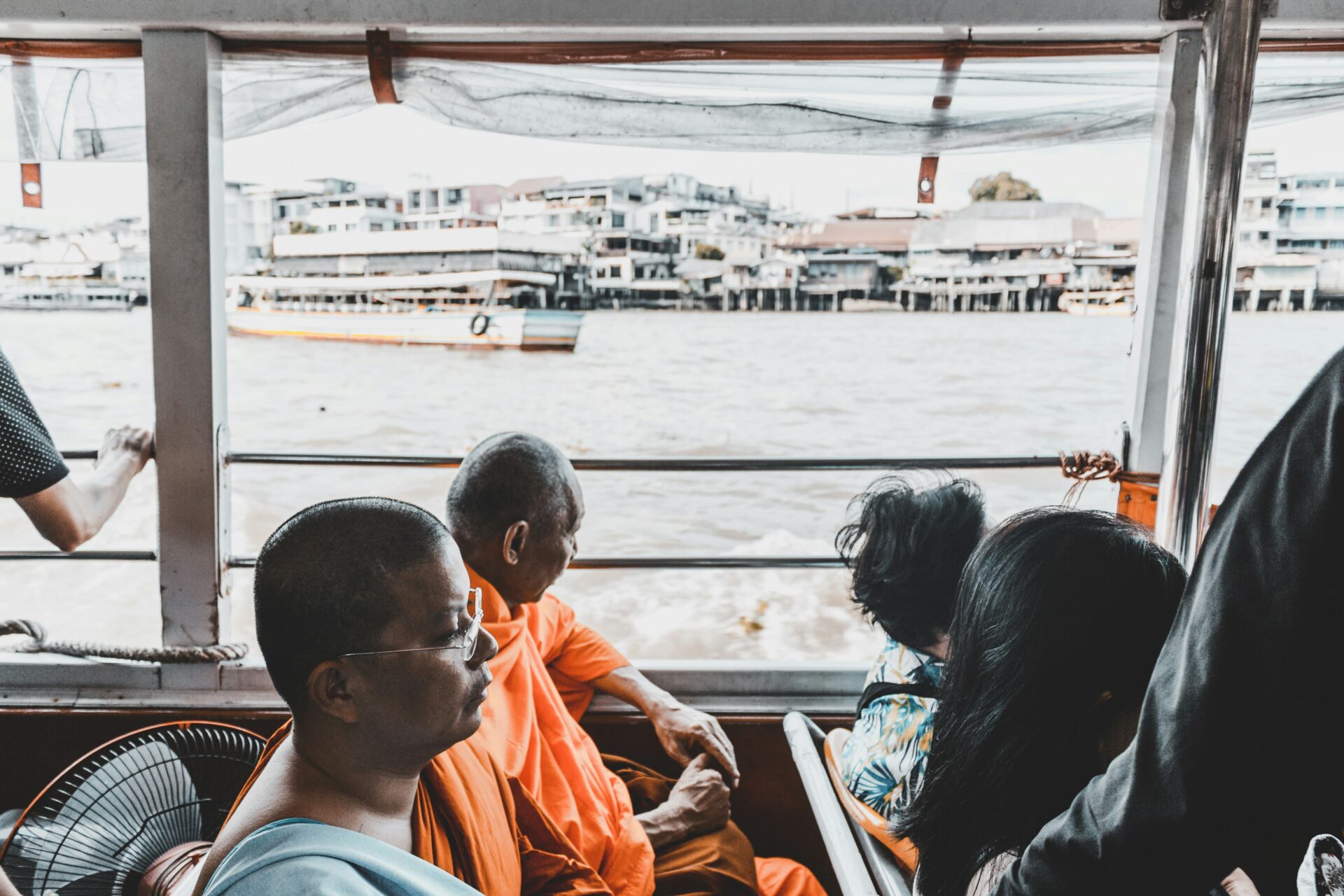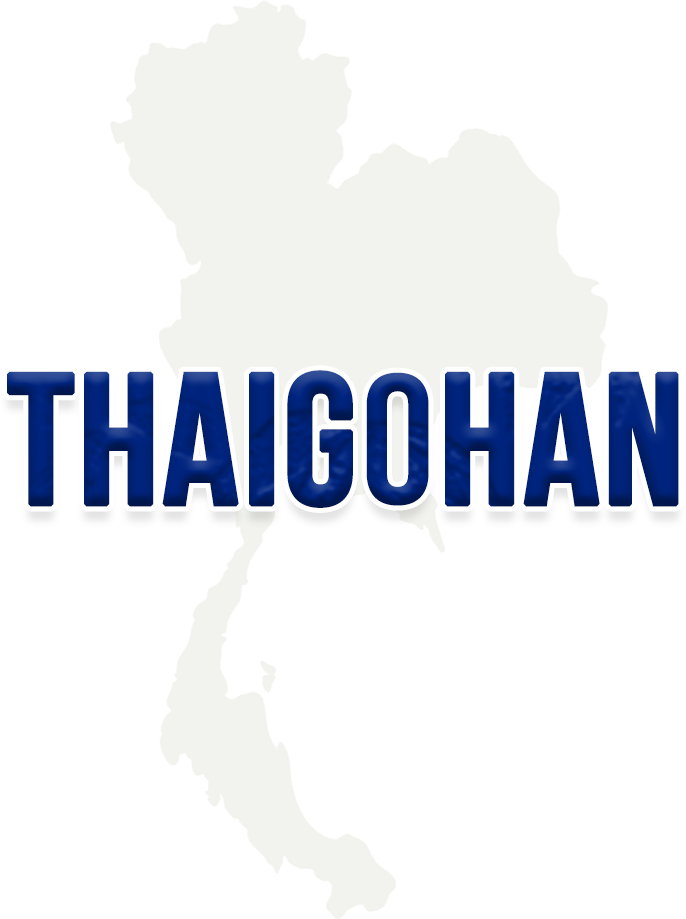Understanding Thai Monks: The Charm of Buddhist Culture and Their Modern Roles

Thailand is widely known as a Buddhist country, with monks being at the heart of its culture. The sight of monks in orange robes walking through the streets is a common and integral part of Thai daily life. However, not many people fully understand the roles, lives, or connections of monks to Buddhism. This article delves into the essential knowledge about Thai monks, their roles in modern society, and the etiquette for interacting with them, providing a deeper insight into Thai Buddhist culture. Whether you’re keen to learn about Buddhism or planning a trip to Thailand, this guide is a must-read.
目次
1. Who Are Thai Monks? Basic Knowledge
Thai monks are individuals who practice Buddhism within monasteries (wat) and dedicate their lives to studying and practicing the teachings of Buddhism. With over 90% of the population identifying as Buddhist, monks hold significant spiritual leadership roles in Thai society.
Requirements to Become a Monk
- Typically, only men can become monks.
- Options include temporary ordination or lifelong commitment.
- Must be at least 20 years old.
Number of Monks
Thailand has over 300,000 monks and approximately 40,000 temples across the country.
2. Daily Life and Practices of Monks
The daily lives of monks are strictly regulated by Buddhist precepts. Their routines revolve around almsgiving, meditation, and studying scriptures.
Morning Alms (Tak Bat)
- Monks collect alms at sunrise, receiving food and donations from the local community.
- This practice is not only a source of sustenance for monks but also an opportunity for laypeople to earn merit.
Daytime Activities
- Activities focus on meditation and studying Buddhist scriptures.
- Monks also deliver sermons and participate in community events.
Precepts
- Monks observe 227 precepts that govern their behavior.
- Examples include refraining from handling money and eating only before noon.
3. Monks and Thai Society: Tradition and Modern Roles
Thai monks are more than religious figures; they play critical social roles as well.
Traditional Roles
- Serve as spiritual guides, spreading Buddhist teachings within communities.
- Lead ceremonies for festivals and funerals.
Roles in Modern Society
- Engage in educational activities and community support initiatives.
- Many temples now participate in environmental protection and poverty alleviation efforts.
4. Etiquette for Foreigners Regarding Monks
When interacting with monks in Thailand, it is important for foreigners to observe specific etiquette.
Key Points
- Avoid physical contact with monks.
- This rule is especially crucial for women, who are prohibited from touching monks.
- Always use both hands when giving something to a monk.
- Show respect by maintaining a calm demeanor and avoiding loud behavior around monks.
Photography
- Ask for permission before taking photos of monks.
- Be respectful during alms collection and avoid interfering with their routine.
5. Recommended Places to Interact with Monks
Thailand offers numerous opportunities to observe and interact with monks in their daily routines.
Recommended Spots
- Wat Pho
- Located in Bangkok, this iconic temple allows visitors to observe monks during their studies and meditation.
- Wat Arun
- Situated along the Chao Phraya River, this temple provides opportunities to witness morning alms collection.
- Chiang Mai Monastery Tours
- Chiang Mai’s many temples provide ample chances for meaningful interactions with monks.
Special Events
- Khao Phansa (Buddhist Lent)
- A three-month period during which monks retreat to their temples. Participating in ceremonies offers a deeper understanding of Buddhist culture.
- Loi Krathong
- Monks lead traditional floating lantern ceremonies, a highlight of this festival.
Conclusion
Thai monks are indispensable to the country’s Buddhist culture and daily life. Understanding their roles and activities enhances your appreciation of Thailand’s rich spiritual heritage. By interacting respectfully with monks during your travels, you can gain a profound connection to Thailand’s cultural and spiritual essence. We hope this article enriches your experience and inspires a deeper exploration of Thai Buddhist traditions.
(Photo by Unsplash.com)




